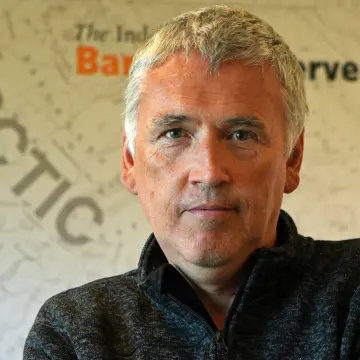
Ex-PM Kasyanov added to ‘terrorists and extremists’ list
The Kremlin’s never-ending list of so-called extremists and terrorists now includes 19,131 people and 823 organisations.
The list is updated by Rosfinmonitoring - Russia's financial intelligence unit responsible for combating money laundering, terrorist financing, and the proliferation of weapons of mass destruction.
Mikhail Kasyanov was added on Monday together with other prominent Putin critics like Novaya Gazeta Europe editor Kirill Martynov and Free University professor Yelena Lukyanova. All three are members of the Russian Antiwar Committee, a leading umbrella initiative consisting of prominent exiled opposition figures.
In October, the FSB opened a criminal case against 23 members of the Antiwar Committee, including Kasyanov, for attempting "the violent seizure of power and organizing a terrorist group," according to state-controlled information agency RIA Novosti.
Those listed as extremists and terrorists will have big problems making financial transactions. Their bank cards will get get blocked, and bank accounts and other assets will be frozen. Getting removed from the list has proven very difficult. Alexei Navalny, who was killed almost two years ago, still has his name on the list.
Mikhail Kasyanov served as Prime Minister of Russia from 2000 to 2004. Before becoming Prime Minister, he was the Minister of Finance from 1999 to 2000.
Mikhail Kasyanov was already previously listed by the Kremlin as a so-called 'foreign agent' together with Russia's first Foreign Minister Andrei Kozyrev.
Both ex-ministers today live in exile.
Friendship with Norway
In January 2003, Kasyanov visited the Norwegian border town of Kirkenes, marking the tenth anniversary of cross-border Barents cooperation with the Nordic neighbours. Together with Norway's Prime Minister at the time, Kjell Magne Bondevik, Kasyanov opened the new border facilities at Borisoglebsk.
The new checkpoint on the Russian side of the border was paid for by Norway at a time when friendship and common interests characterised relations up North. In October 2025, the number of people traveling across the border reached a long-time low, 3,833 people, down 7% from the month before.















